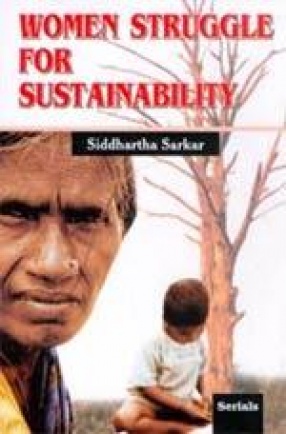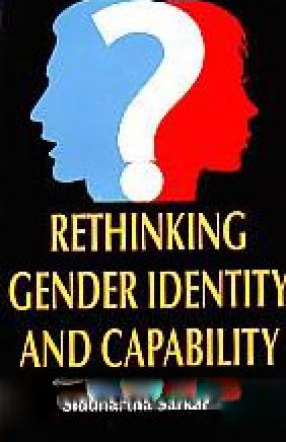The vulnerable women suffer from the larger level of bribes than the non-poor households. With the difficult economic conditions of tradition, a number of women no longer value edification as much as they did before the transition; their pinnacle priority is mere survival. In most ethnicity, women and men have differing roles and responsibilities according to socially defined division of labour based on gender. This gender discrimination is reflected in a variety of social and economic dimensions. In terms of reproductive activities, women generally have primary responsibility for the care and feeding of children and families, as well as health care and education in addition to other informal activities. When women are overburdened, they are more likely to keep their daughters home from school to assist with own household activities, including fuel and water collection, thereby limiting opportunities for girls to move forward through education, and rising the likelihood that their families will remain in poverty.
Women Struggle for Sustainability
$22.50
$25.00
In stock
Free & Quick Delivery Worldwide
All orders amounting to US$ 50 or more qualify for Free Delivery Worldwide. For orders less than US$ 50, we offer Standard Delivery at $14 per book.
ABOUT THE AUTHOR Siddhartha Sarkar
Dr. Siddhartha Sarkar (b. 1973), Ph.D (Economics) is currently serving the Department of Commerce, Dinhata College, Dinhata, Cooch Behar, West Bengal. He has published several research papers in peer reviewed International and Indian Journals and a number of books. Dr. Sarkar has undertaken a UGC funded project as postdoctoral work. His areas of specialization include Gender, Environment and Sustainable Development. Besides, he is actively associated with various International NGOs working for gender and environment. He is the Chief Editor in International Journal. He is the Chief Editor in International Journal of Women Social Justice and Human rights and Guest Editor in International Journal of Human Ecology with distinguished editorial advisor in various International refereed Journals. He has been opted for visiting scholar status in several European Universities and Research Institutes like, University of Amsterdam, University of Groningen, University of Wageningen, University of Twente, Tinbergen Institute and Institute of Social Studies, The Netherlands.
reviews
0 in total
Review by Anonymous
Be the first to review “Women Struggle for Sustainability” Cancel reply
You must be logged in to post a review.
Bibliographic information
Title
Women Struggle for Sustainability
Author
Edition
1st ed.
Publisher
ISBN
8183870406
Length
viii+206p., References; Index; 22cm.
Subjects
more by Siddhartha Sarkar see more
similar bookssee more
Elite Perceptions in Foreign Policy: Role of Print Media in Influencing India-Pakistan Relations, 1989-1999
The task of educating people ...
$18.00
$20.00








There are no reviews yet.